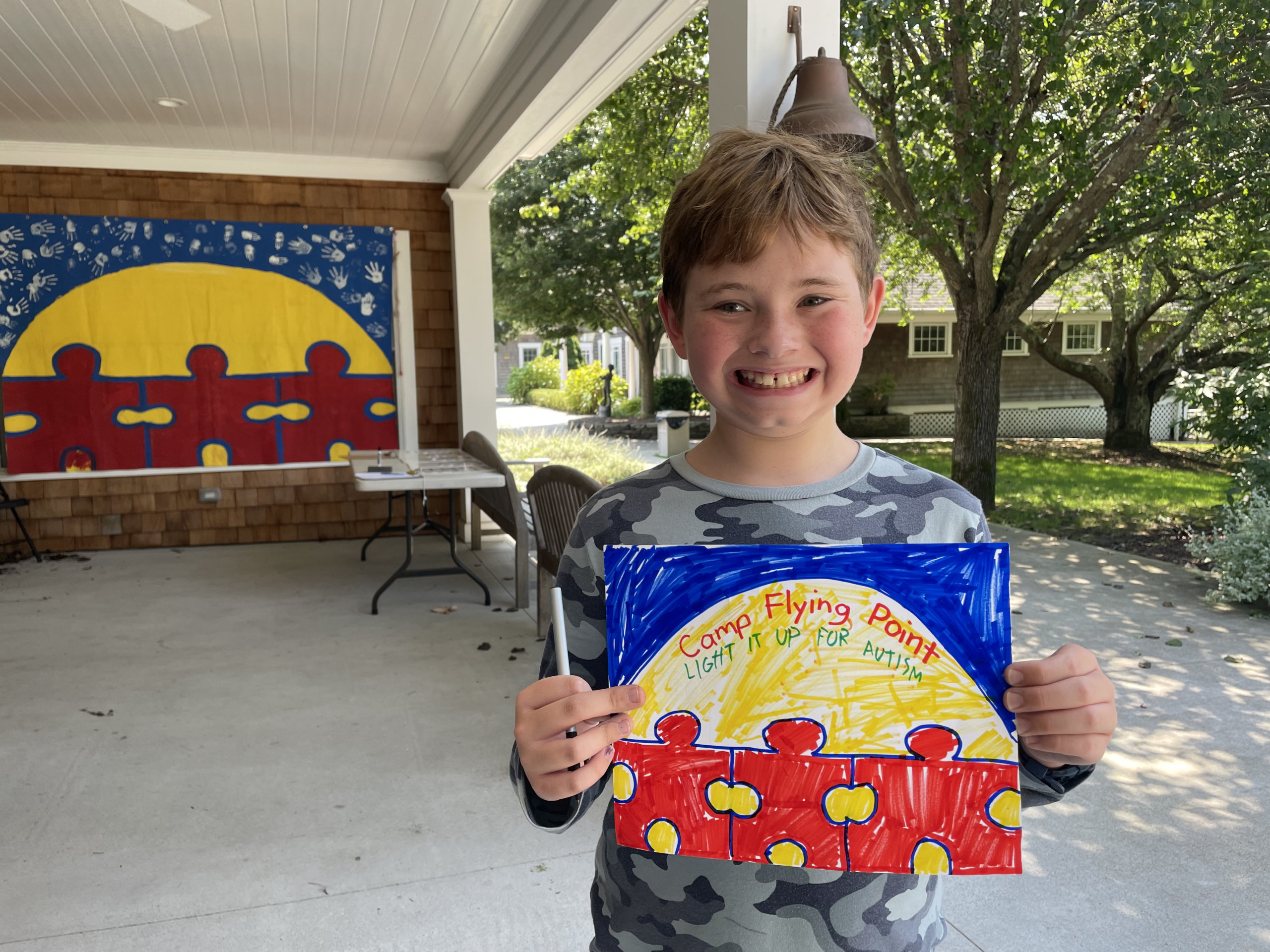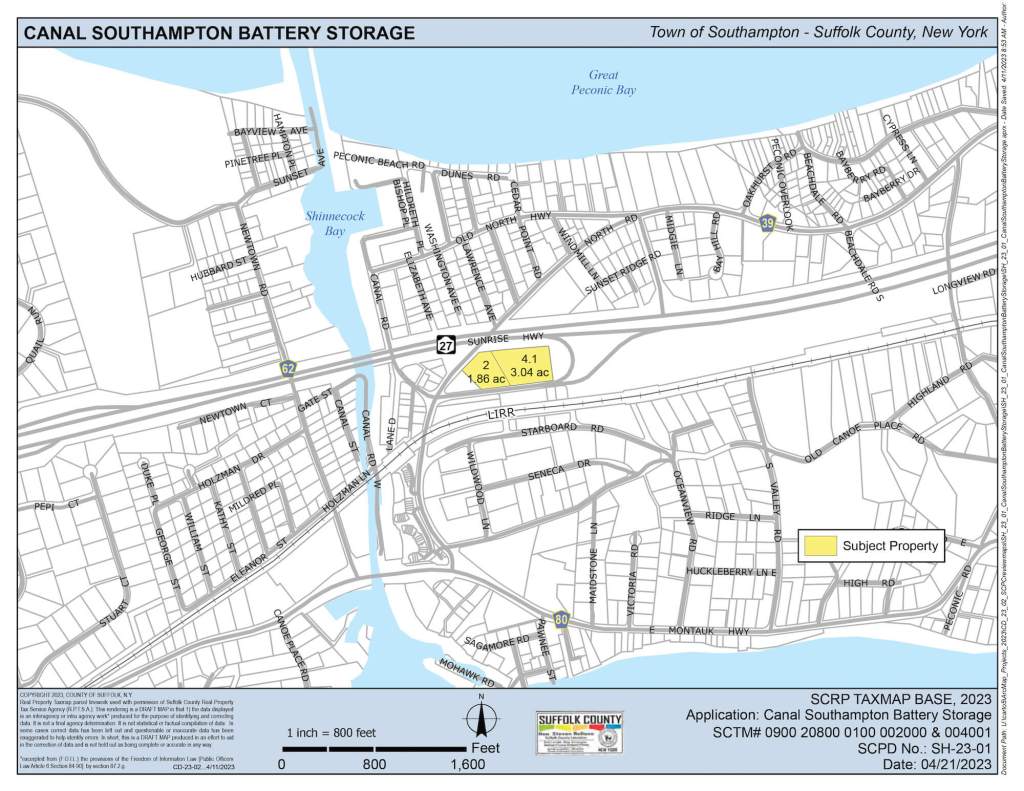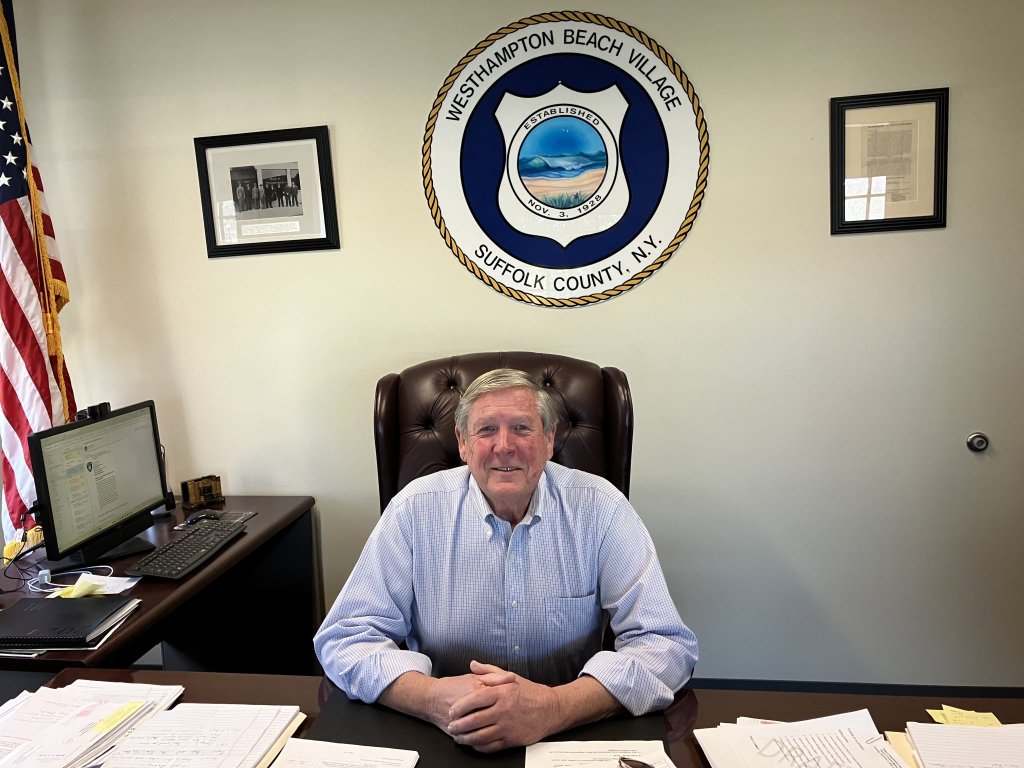Camp Flying Point Offers Inclusive Space for East End Kids with Autism

While the East End has plenty of exciting summer camp opportunities for children and teens, the options for camps that emphasize a safe, inclusive space for kids with autism are few — very few. And it’s this very lack of autism-focused camps that led to the creation of the transformative Camp Flying Point, organized by the Flying Point Foundation for Autism (FPF4A).
After her son’s autism diagnosis in 2006, FPF4A founder/executive director Kim Covell began raising money for organizations that supported the autism community and would make the decision to keep her fundraising efforts focused on the East End.
“If I’m going to be raising this money, I may as well keep it local,” Covell says. She adds that during this time, the outcry for autism-conscious programs was deafening. “The one thing I kept hearing was there was a dearth of recreational programming for kids with autism that was designed and geared toward their needs but could still be inclusive.”
She founded FPF4A in 2008 with the goal of developing a one-week summer day camp that was fun and safe for kids with autism (or down syndrome or other developmental disabilities) and their siblings. By 2010, Camp Flying Point was ready to soar, and in the years that followed, enrollment took off.
The eight-day camp takes place each year at Southampton Fresh Air Home during “the black hole” — the short time between the end of the extended special education school year in August and the start of the new school year in September. It features many of the same popular activities as other summer camps — with swimming, art, yoga, music and non-competitive sports filling the camp schedule — but there are a few key details that set it apart.
For starters, the camp is open to youth with autism ages 6–21, as well as their siblings, who are invited to develop social and communication skills alongside others developing at a similar pace. Campers are split into groups largely by age, but “some adjustments are always made for a better fit,” Covell says, adding that one such way is to place siblings in separate groups. “When some of the siblings are young,” she says, “they may have only that singular view of autism, and I think that getting into the camp, they see that there are many autisms and that there are other siblings like them who deal with the situations that a family impacted by autism deals with.”
Additionally, an extensive intake process and keeping campers on a specific routine are critical to keeping them happy and calm, but, as Covell points out, camp counselors must always “expect the unexpected” and be ready to respond in a supportive way. It’s these specially trained, professional counselors, including camp director Nate Unwin and his wife Annie, whom Covell credits as the defining key to the camp’s success.
“It’s really more about having the right people that are working there — that’s key,” she says, adding that, in light of this, it’s woefully challenging to find qualified, available counselors. This is, in part, why FPF4A has been building up its Counselors in Training program that allows campers ages 14–17 to assist counselors in a supervised capacity.
If needed, camp tuition assistance is available by applying via a digital financial aid form. And it’s just one of the ways FPF4A grants money to those who need it.
Two student scholarships are given out each year. The scholarship for students on the spectrum is awarded to one graduating East End senior who plans to attend college or vocational school. The scholarship for peer students is given to a neurotypical student on the East End who has demonstrated a commitment to the autism community and to FPF4A.
Two teacher grants are given out each year, as well. The Learning for Leaders grant goes to a teacher in an East End special education setting who wishes to pursue further education in effectively teaching students with autism. The Teacher Toolbox grant is given to a teacher who wants to purchase something for the classroom that will enhance learning for students of the spectrum, but the school budget won’t cover it.
“Teachers are creative, and if they find something that works, we want to make sure that we can help them get it,” Covell says, adding that FPF4A has helped purchase a rolling cart for a mobile school store, a sensory sand table and noise-canceling headphones.
FPF4A also supports the East End autism community through outreach, such as a recent training session for first responders looking to improve their interactions with distressed persons with autism, which was led by the Autism and Law Enforcement Education Coalition. In the future, FPF4A also hopes to provide local fire departments with items like squeeze toys and whiteboards, which can help calm and communicate with civilians with autism.
In addition to Camp Flying Point, FPF4A hosts year-round recreational programs including nature hikes, holiday parties, trips to children’s museums and weekend morning activities.
Now 23 years old, Covell’s son has aged out of Camp Flying Point, which has contributed to her desire to expand FPF4A to include lifelong learning opportunities. She explains that many graduates with autism feel as if they’re “falling off the cliff” — going from a fully supported educational career to suddenly having no support or direction. Covell hopes to someday open a Flying Point lifelong learning and activity center where these young adults can develop skills in cooking, art, fitness or even socializing.
“Our whole vision is laid out, we just need the location,” she says, noting the difficulty in today’s pricey and competitive East End real estate market. “I would so love if we could come up with some sort of an arrangement that would be beneficial to a landlord and us.”
In the meantime, FPF4A will continue to fundraise for the East End autism community through their Give a Buck for Autism initiative and events like Get a Piece of the Action and Bike to the Beach, at which Team Flying Point will be cycling 100 miles from New York City to the East End on September 24.
“I’ve been living in a life impacted by autism for a couple of decades now, and just knowing that I could possibly be helping individuals like my son, makes it worth all of the effort and aggravation,” Covell says. “We’re really proud of what we do because it still remains a really needed service on the East End.”
To learn more about the Flying Point Foundation for Autism or to register for Camp Flying Point, August 24 through September 2, visit fpf4autism.org.



